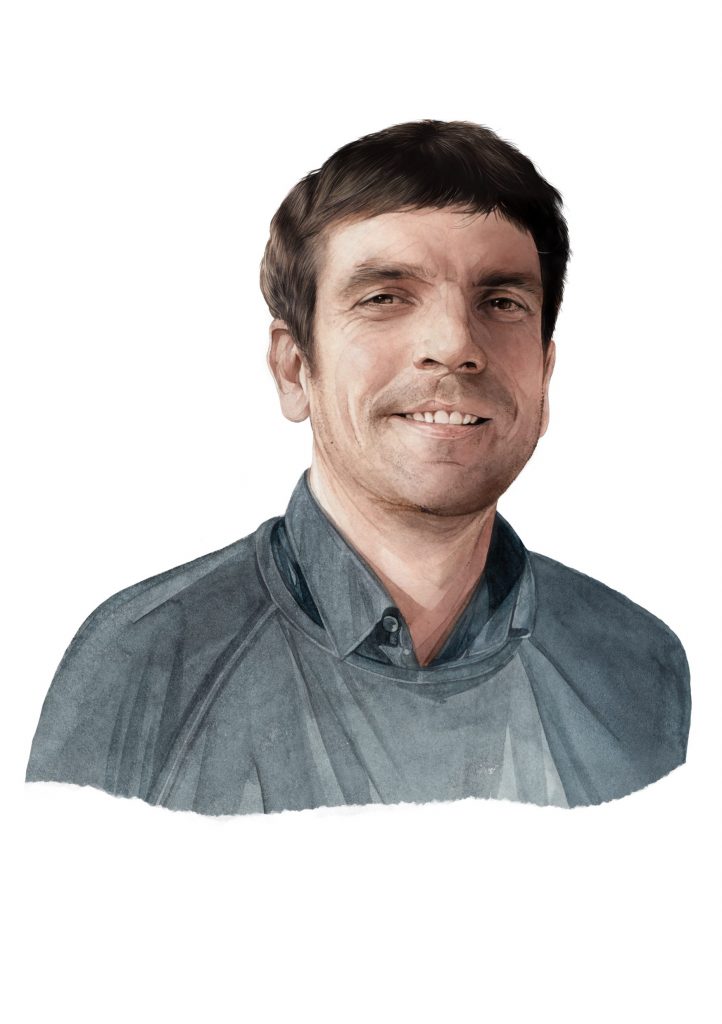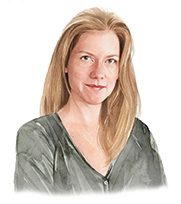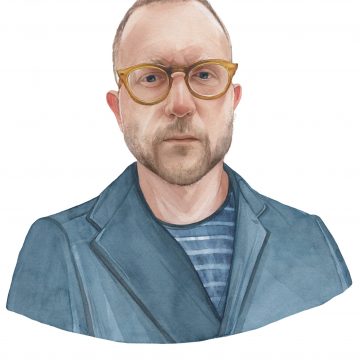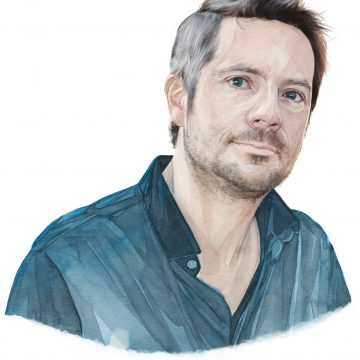A cache of new material reveals political subversion
Dr Stanley Bill is a University Senior Lecturer in Polish Studies in the Faculty of Modern and Medieval Languages and a Fellow of Sidney Sussex College.

The end of the academic year always carries a special atmosphere of tension and expectation. As the exam season approaches, the Colleges regain some of their former monastic solemnity, closing their gates to outsiders. Students spend long hours in libraries and study rooms, poring over readings, notes and essays from throughout the year. Lecturers and supervisors focus on channelling anxieties into constructive revision work. My aim is to ensure that all my students have the opportunity to show their full potential in the exam room. Yet the final reckoning is always between the individual student and an empty answer booklet.
While teaching is the main priority during term time, research and writing are always on the agenda. I spent much of Easter Term putting the finishing touches to a new paper about Bruno Schulz, a Polish-Jewish artist and writer who is widely regarded as one of the most important and influential figures of 20th-century Polish culture. Schulz would be awarded the Polish Academy’s Golden Laurel in 1938; four years later, in 1942, he was shot dead on the street by a German SS officer.
With Brexit approaching and around a million Poles currently living in the United Kingdom, intercultural contact and understanding have rarely seemed more important.
During the second world war, Schulz’s hometown of Drohobycz – then in eastern Poland – was first occupied by the Red Army. In conditions of terror and deprivation, in 1940 and 1941, Schulz worked as an illustrator for a local propaganda newspaper entitled Bolshevik Truth. In 2016, the illustrations – many of them glorifying Stalin, Lenin and Soviet military power – finally emerged from archives in Ukraine.
The materials are fascinating. Far from being a communist, my research shows that his propaganda work formed part of a survival strategy of artistic and ideological mimicry. I have even found evidence to suggest that Schulz cleverly concealed politically subversive material in his illustrations, revealing his authentic views on Soviet ideology and the occupation of eastern Poland. His work – which might be described as a form of forced labour – exemplifies the dramatic choices faced by individuals under the Soviet occupation.
Scholarly research is an empty pursuit without the possibility of sharing and discussing it with other experts and a broader public. While I was getting my paper ready for publication, I had the pleasure of presenting some of it at the biannual International Festival of Bruno Schulz in Drohobycz, now in western Ukraine. The festival hosts scholars, writers, artists and often eccentric Schulz fanatics from around the world. As part of the programme, it was a privilege to participate in a public discussion in the town’s newly restored synagogue, an imposing building that had lain in ruins for more than half a century after the war.
Bruno Schulz, a Polish-Jewish artist and writer was awarded the Polish Academy’s Golden Laurel in 1938; four years later, in 1942, he was shot dead on the street by a German SS officer.
Back in Cambridge, my research work informs the new programme in Polish Studies that I direct in the Faculty of Modern and Medieval Languages. My course offers an introduction to the diverse history of Polish culture, from its symbolic beginnings more than a thousand years ago through to the traumatic period of Schulz’s life and death in the 20th century and beyond. The course gives students a deeper understanding of the largest country in the eastern part of the European Union, along with the opportunity to learn a language that is now the second most widely spoken in Britain.
Apart from the historical dimension, I place a particular emphasis on contemporary Poland and on cultural exchange. A special partnership with the University of Warsaw allows us to award full scholarships to Cambridge students to attend summer school courses in Polish language and culture in the country’s vibrant capital.
Which means that, after exams, our students get to spread their wings and get a first-hand look at a culture that is now also part of the tapestry of British life. With Brexit approaching and around a million Poles currently living in the United Kingdom, intercultural contact and understanding have rarely seemed more important.







